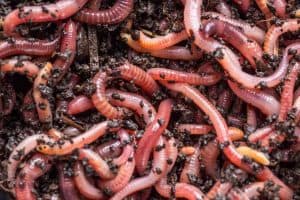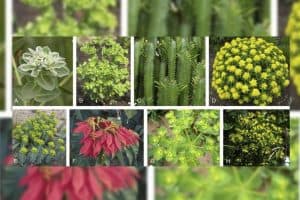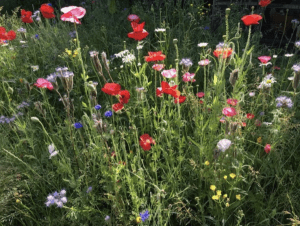Advice for new beekeepers from Cathie at Cathie’s Gardening School, Secretts Garden Centre, Milford.
We now have three colonies of bees in the teaching garden at Secretts so you will be seeing more bees buzzing around the flowers and pollinating the fruit crops.
Whilst I am no expert I have been keeping bees for three years now as it is such an important thing to do particularly relating to plants. I felt bees were an essential part of the gardening school and the farm to encourage bumper crops of fruit.
New Beekeepers
If you are considering keeping bees whatever the reason it is quite a daunting prospect. It is also human nature to worry about such large numbers of bees all together in one place! You may feel you would like to help the bee population, like more fruit and seeds on your plants or just love honey! As a beekeeper myself I am being encouraged by my mentors and tutors to spread the word and have been persuaded to run a workshop this year on 30th May.
Considerations
Where will you keep the hive? Are there any considerations for space, neighbours, children and pets?
It is quite expensive to set up a new hive and keep it going every year.
You need a lot of equipment and somewhere to store it all.
Do you have time? During the Spring and Summer you will need to check the hive at least once a week doing a detailed inspection, this is the minimum.
How will you react if you get stung?
Is there enough food for the bees in the vicinity? Can be a problem in urban areas.
You need to be prepared to do a course and learn about the subject.
Ideally you should not use any chemicals in your garden that can kill the bees.
It’s a good idea to learn which plants they like too!
It is very important that ultimately it becomes an enjoyable and rewarding experience!
Honey and related products
There are huge benefits to keeping bees as well as the environment there is also the honey! This is such a reward and on a small scale it is actually beneficial for the bees to harvest honey making room for them to collect and store more. Managed correctly you can have enough honey to eat over the whole year and if you are lucky a few extra jars to sell which will help pay for keeping the bees in the first place. There are many other products like wax for candle making and polish as well as bee propolis and all it’s health benefits.
Pesticides and other chemicals
Please think very carefully before reaching for the sprays as you are not just killing the greenfly! Beneficial insects are also killed which is daft as we rely on them to eat the pests and pollinate all our food crops. Bees take back the chemicals inadvertently to their hives and feed them to their young resulting in the death of the colony. Ant bait actually has honey in it to attract the ants but bees like honey too and take it back to their hives.
There are always organic and cultural alternatives so DO NOT USE CHEMICALS IN YOUR GARDEN!! It is also now illegal to use the really nasty ones if you do not have the correct training. If you would like some help with pest control please talk to Victoria Leggett in the garden centre, myself in the Gardening School or Peter Higgs on 01483 273 470
www.pghpestcontrol.co.uk He is properly trained and will be able to advise you. He also keeps bees which is why I can recommend him!
If you want to learn more about gardening there are regular workshops and taster sessions at the Gardening School available for everyone! Don’t forget Beekeeping for Beginners on 30th May! Numbers are strictly limited.




